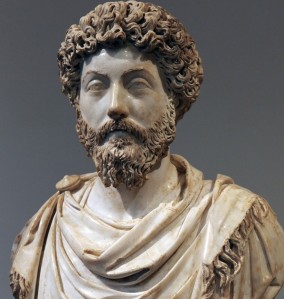(Note: a revised version of this post has been published in the blog Stocism Today)
Saturday evening after dinner I drove out to the Catskills to make another attempt on the “Nine,” a 19-mile circuit that crosses nine mountain peaks, with the special distinction that five of the peaks are accessed off trail, that is by bushwhacking through the forest. I’d run the Nine twice before during the day and once at night and also bagged eight of the nine during the winter. But this time I’d be going without shoes, part of a quixotic quest to climb all 35 of the Catskills’ highest peaks barefoot.
Madness perhaps, but not without method. Ancient Greek philosophers advocated the practice of “askeisis,” which means “rigorous training.” Especially favored were practices that entailed endurance, resistance to the elements, or going without food and water. Askeisis is the root of the modern word “asceticism,” and while the Greek concept was not associated with a lifestyle of self-denial, it was thought that rigorous training would lead to both athletic and spiritual development. The ultimate goal was to achieve the states of “ataraxia” (tranquility, serenity, freedom from worry) and “apatheia” (equanimity, composure, freedom from unruly passions).
As a runner, I’m often looking for a chance to add some askeisis into my adventures, recognizing that my spiritual development needs all the help it can get. On this trip I’d carry no food or water, and with the weather forecast calling for a low of 36 F, sleeping outside in the cold sounded like another fun option (John Muir used to go for days in the Sierras during chilly fall weather, without bringing blanket or coat). After further thought, I grabbed a light sleeping bag and tossed it in the pack.
Continue reading “Bringing “Askeisis” to the Catskills 9″ →







